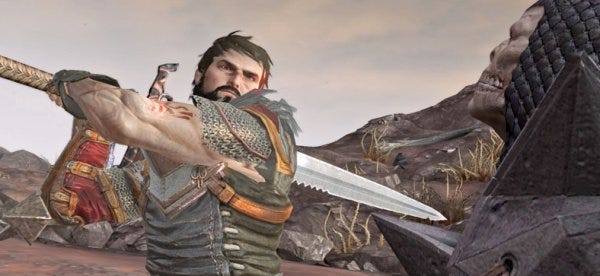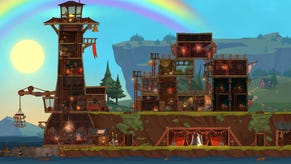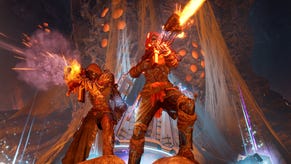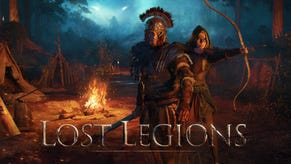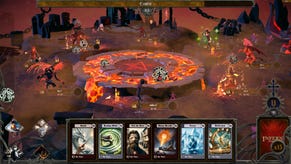The Fade: Dragon Age II Gone From Steam
Oh, I hope this isn't a sign of a dark, headline-writing times to come. I don't want to spend the rest of 2011 writing 'Game X Gone From Steam' every other day. The latest departure from the packed ranks of Steam is EA and Bioware's Dragon Age II - and right on the eve of the launch of its new DLC Legacy.
Something which may be no coincidence.
DA2 grabs its DLC via an in-game downloader, rather than via Steam itself. This seems relevant to earlier EA comments that 'changed' terms and conditions in Steam were causing some of its other games, most notably Crysis 2, to be booted off by Valve. Essentially, the claim is that if a game downloads and/or sells downloads via another medium or service, it's violating its Steam arrangement. While previous EA/Steam argy-bargies have been related to EA's rival service Origin, DA2 uses its own built-in launcher. As Destructoid observe, if the DLC is indeed the cause of the vanishing, fixing things would require actually altering the game. D'toid also alleges sources have told 'em that DA2's vanishing is indeed down to the Legacy being available from an in-game store rather than via Steam.
Of course, that isn't known. There could be any number of other reasons - for instance, Legacy having some incompatibility with the Steam version of DA2, new DRM, or even an attempt to stealth-introduce DA2 players to Origin, which does seem to be a regular cause of conflict. We just don't know, though.
And with Valve so far having declined to comment on tensions between it and EA (we have asked again - will update if we hear back), it's tricky and even dangerous to draw too many conclusions. But if Steam really is, as EA have argued, banning any games which include their own in-game content delivery methods, that's something we just can't get behind.
It's troubling that a service might seek to stipulate what a game is and isn't allowed to do - though again the precise reason for DA2 taking a walk isn't known, so the possibility of a more troubling T&C violation remains. Whatever the reason, it seems intertwined with a broader issue that's likely to come up again and again. The desire for profit, and thus for as much DLC as possible to be sold through Steam rather than in-game, is eminently understandable, but download services like Steam don't own (most of) the games they host, in the same way a branch of Gamestation or GameStop doesn't own the games on its shelves. If a retailer refused to sell games in which DLC could be bought direct from the publisher, there'd surely be outrage. As, indeed, there was in response to a rumour late last year that certain retailers were making noises about not stocking PC games with Steamworks in. (Bit of a storm in a teamcup that one, given most retailers won't stock PC games anymore anyway.)
Should the digital nature of stores like Steam make a difference? If this is happening, should we be okay with it, with digital stores setting their rules in such a way that they ensure they can take 25% (or whatever the precise figure is) of absolutely every in-game sale? Should publishers and developers not be biting the hand that feeds by trying to find ways to get around the system and sell directly? Or can we still hope for a world where everyone works together and allows flex in the name of both parties doing pretty well out of an initial game sale?
As more and more games embrace the pay for more content model - as they so obviously will, given the understandable appeal of players continuing to fork out money for a game long after its release - it's a fight that's only going to get harder. For that reason, the industry's going to have to come to a universal agreement on how it's done and by what avenues. One side bullying another into compliance, whether it's by banning their games or by aggressively launching a rival service, just isn't going to work out well, either for players or for publishers. This market is already insanely splintered. Let's not make it more so.
Let's also not jump to conclusions. Until we get more answers on exactly what's gone on between EA and Valve, it's impossible to identify a hero or a villain here - and as such no-one's coming out of it altogether well.
